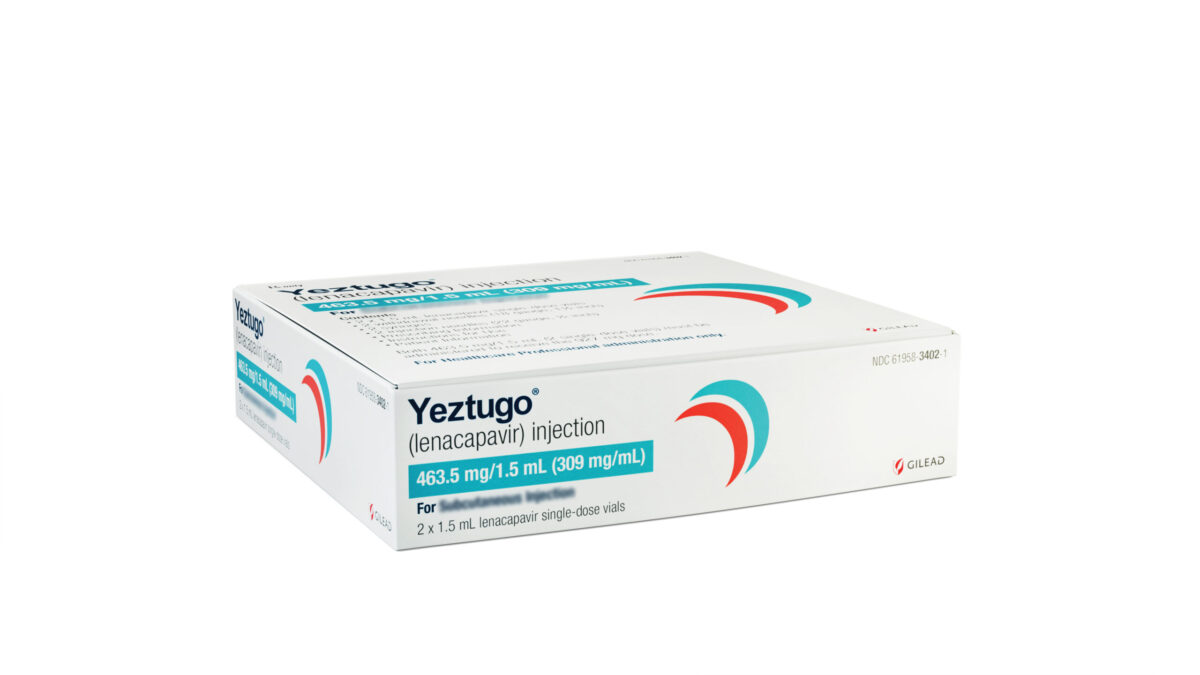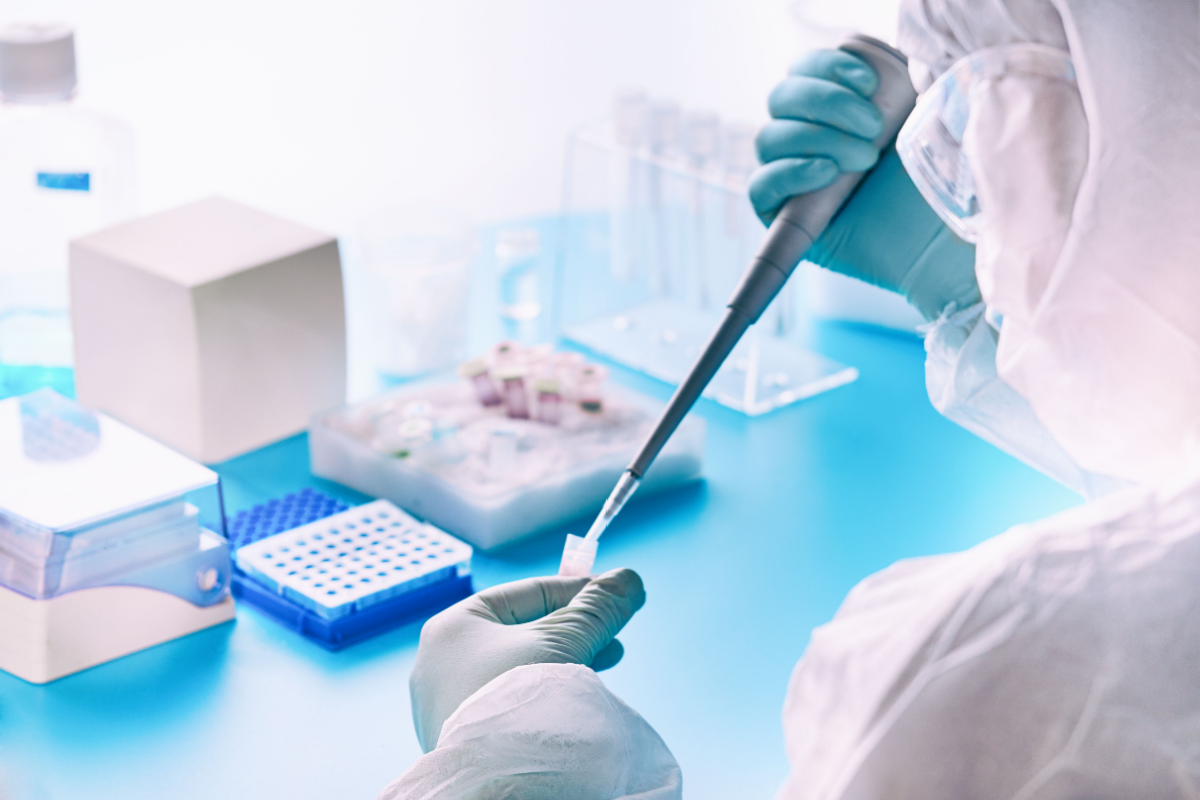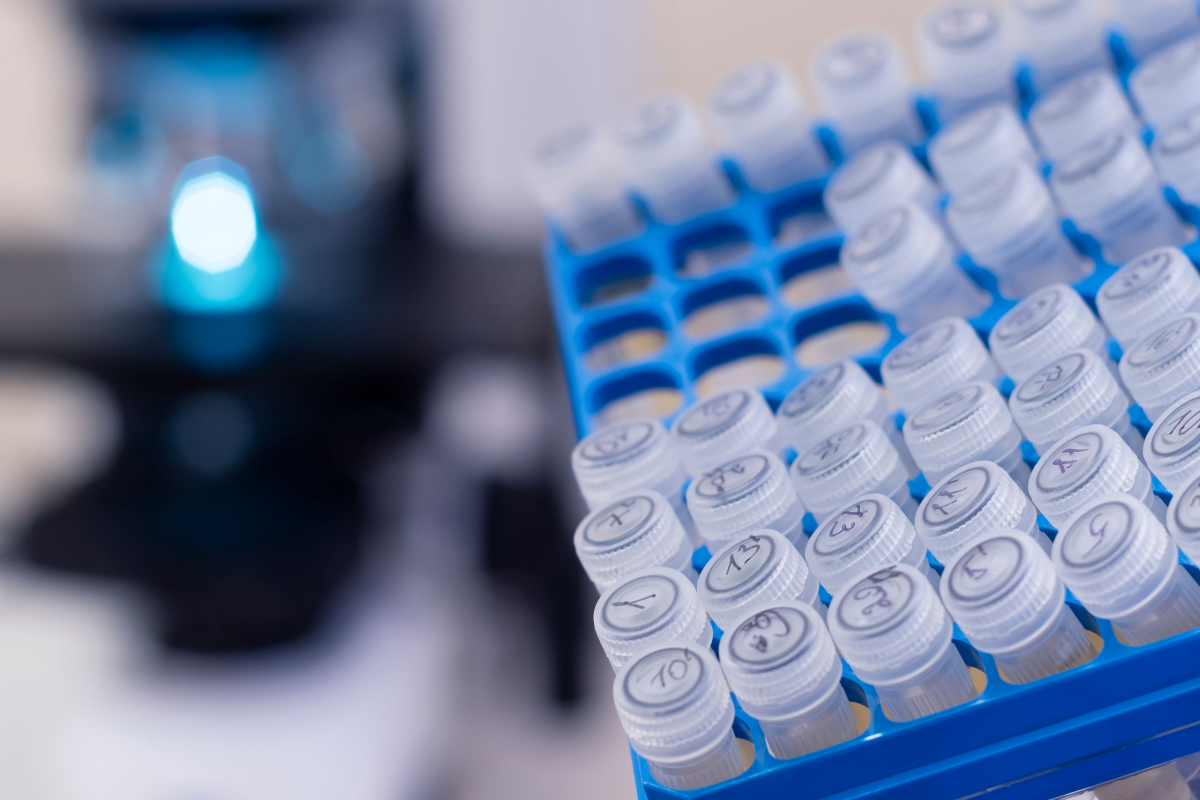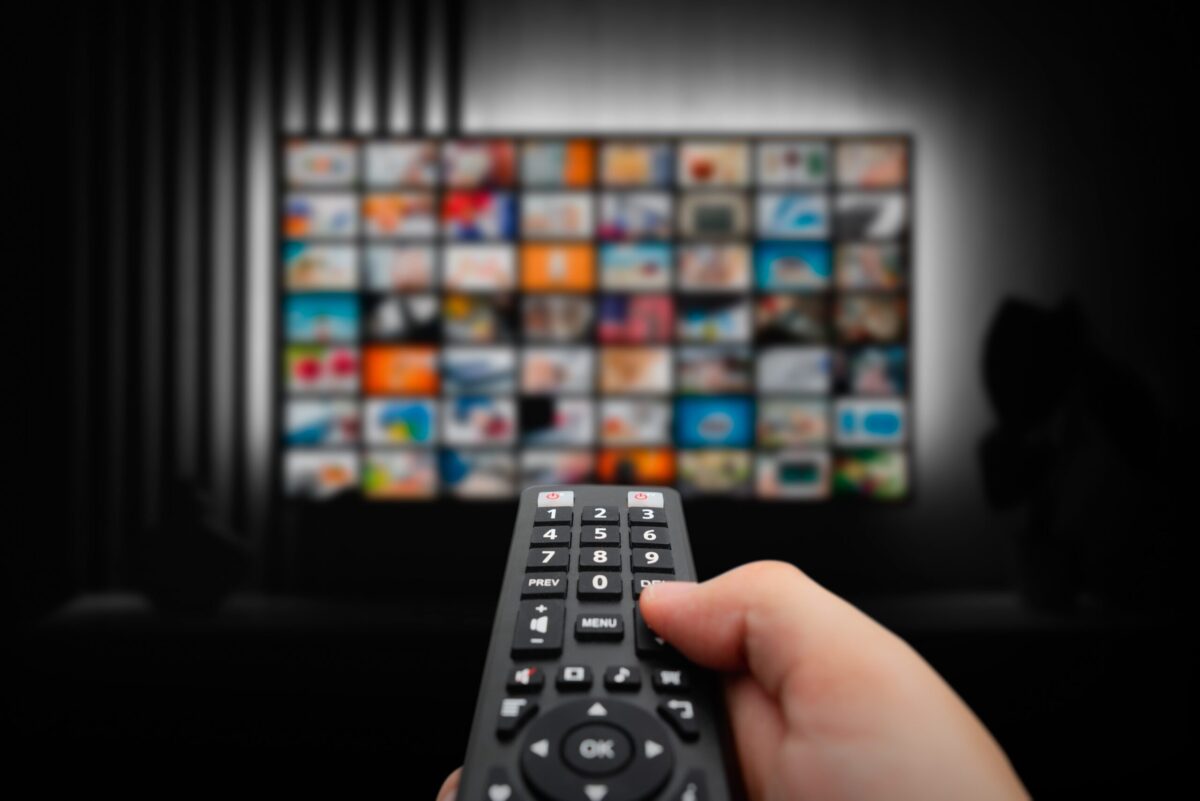The US Food and Drug Administration (FDA) has authorized the use of Eli Lilly’s newest COVID-19 monoclonal antibody treatment bebtelovimab. The emergency use authorization (EUA) for the drug is indicated for adult and pediatric patients (over the age of 12) with mild to moderate COVID-19 who are at high risk for developing severe disease.
Importantly, bebtelovimab is effective at neutralizing the Omicron variant of SARS-CoV-2. Last month, the FDA revoked the EUA for Lilly’s monoclonal antibody cocktail of bamlanivimab and etesevimab because it wasn’t effective against Omicron. Regeneron’s antibody REGEN-COV was also stripped of its EUA the same day because of the same reason.
Omicron has quickly become the dominant version of SARS-CoV-2 in the US. As of February 12, the Centers for Disease Control and Prevention (CDC) is reporting that all cases are attributable to Omicron.
Bebtelovimab is not authorized for patients who are hospitalized or who require oxygen therapy due to COVID-19. This is because the treatment was not studied in hospitalized COVID-19 patients. The FDA said the precaution was taken because monoclonal antibodies may be associated with worse outcomes when administered to hospitalized patients with COVID-19, particularly those that need high-flow oxygen therapy or mechanical ventilation.
Related: Eli Lilly’s COVID-19 Monoclonal Antibodies Cleared to Battle Delta
Bebtelovimab is administered at a dose of 175 mg as an intravenous injection over a period of at least 30 seconds. The dosage is smaller and quicker to administer than previously authorized COVID-19 antibody treatments.
“Today’s action makes available another monoclonal antibody that shows activity against omicron, at a time when we are seeking to further increase supply,” Patrizia Cavazzoni, MD, director of the FDA’s Center for Drug Evaluation and Research, said in a press announcement from the health agency. “This authorization is an important step in meeting the need for more tools to treat patients as new variants of the virus continue to emerge.”
Like other monoclonal antibodies, bebtelovimab binds to the spike protein on the surface of SARS-CoV-2 to interfere with its binding to the ACE-2 receptor on human cells; the interaction mediates the entry of the virus into host cells.
Bebtelovimab’s authorization was based on data from the randomized, placebo-controlled Phase II BLAZE-4 trial that evaluated a single dose of the drug alone and in combination with other monoclonal antibodies (bamlanivimab and etesevimab) for treating mild to moderate COVID-19 in non-hospitalized patients.
Results showed that the 380 low-risk patients enrolled in the trial who were administered a single infusion of bebtelovimab (either alone or in combination with bamlanivimab and etesevimab) had a reduced time in resolution of symptoms compared to those that received placebo. In addition, viral loads were observed to be lower five days following treatment in patients that received bebtelovimab compared to placebo.
In a cohort of high-risk patients, rates of hospitalization and death were lower through day 29 among the 150 patients who received bebtelovimab alone or in combination with the other monoclonal antibodies compared to placebo.
Laboratory tests showed that bebtelovimab retained full neutralizing activity against Omicron in pseudovirus and authentic virus tests. It also demonstrated neutralization against all other known variants of interest including the Omicron subvariant BA.2.
Despite the promising results, the FDA said that “the conclusions are limited” because the clinical trial data comes from different trials that were conducted when there were different variants in circulation, and baseline risk factors were also variable.
Nevertheless, the US has inked a $720 million agreement for bebtelovimab through its Department of Human Health Services (HHS), which has purchased a total of 600,000 doses so far. According to the deal, Lilly will deliver 300,000 courses of the treatment by the end of this month and an additional 300,000 by the end of March.
The HHS will make the treatment available to patients free of charge.












Join or login to leave a comment
JOIN LOGIN